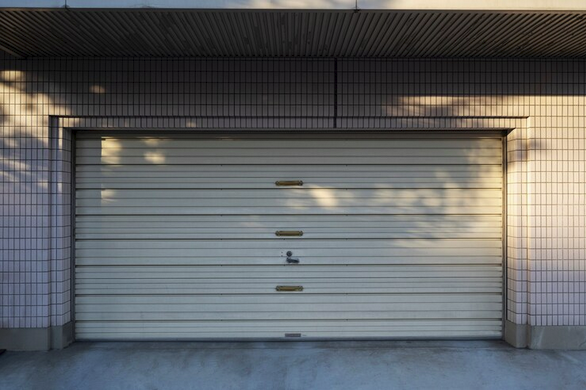Introduction:
In the hustle and bustle of modern living, the importance of a quiet and peaceful haven cannot be overstated. Noise intrusion from external sources or within a home can significantly impact comfort and well-being. In this exploration, we delve into the world of soundproof doors, unveiling the magic behind these innovative solutions that promise to transform spaces into serene retreats. As we navigate through the features, benefits, and applications of soundproof doors, the emphasis is on creating a hush-hush haven for homeowners seeking respite from the noise of the outside world.
Understanding the Need for Silence:
In a world where noise has become an unavoidable part of daily life, the desire for tranquility within living spaces has grown exponentially. Whether it's the bustling urban environment, the constant hum of electronic devices, or the activities within a home, finding a quiet refuge has become a coveted luxury. Soundproof doors emerge as a key element in achieving this tranquility, providing an effective barrier against external noise and internal disturbances.
The Mechanics of Soundproof Doors:
Soundproof doors are designed with specialized features that work together to minimize sound transmission. The core of these doors often consists of dense materials, such as solid wood or composite materials, that absorb and block sound waves. Additionally, soundproof doors may incorporate sealing mechanisms around the edges to eliminate gaps, preventing sound leakage.
Understanding Sound Transmission Class (STC) ratings is crucial when evaluating the effectiveness of soundproof doors. The higher the STC rating, the better the door is at reducing sound transmission. Soundproof doors typically have STC ratings ranging from 30 to 50 or higher, providing a wide spectrum of options for different noise reduction needs.
Applications of Soundproof Doors:
- Residential Spaces: Soundproof doors find widespread application in residential settings, especially in bedrooms, home offices, and entertainment rooms. These doors help create a peaceful environment, ensuring that external noises such as traffic, neighbors, or ambient city sounds do not disrupt the tranquility of personal spaces.
- Home Theaters and Media Rooms: Creating an immersive audio experience in home theaters and media rooms requires minimizing sound leakage. Soundproof doors are an essential component in these spaces, preventing sound from escaping and disturbances from entering, providing an optimal environment for audio-visual enjoyment.
- Commercial Spaces: In commercial settings, soundproof doors are used to create private meeting rooms, offices, or areas where confidentiality is crucial. These doors contribute to a productive and focused work environment by blocking out external distractions.
- Educational Institutions: Soundproof doors play a role in educational institutions where various activities take place simultaneously. Classrooms, libraries, and study rooms benefit from the reduced noise transmission, creating conducive environments for learning and concentration.
- Healthcare Facilities: Privacy is paramount in healthcare settings, and soundproof doors are utilized in hospitals, clinics, and treatment rooms to ensure patient confidentiality and minimize disturbances.
The Benefits of Soundproof Doors:
- Noise Reduction: The primary benefit of soundproof doors is their ability to significantly reduce noise transmission. Whether it's external noises or activities within a home or building, these doors create a barrier that keeps spaces quiet and peaceful.
- Enhanced Privacy: Soundproof doors contribute to enhanced privacy in various settings. In homes, they ensure that conversations and activities remain private, while in commercial spaces, confidential meetings can take place without the risk of information leakage.
- Improved Concentration and Productivity: In work or study environments, soundproof doors foster better concentration by minimizing external disturbances. This, in turn, enhances productivity and the overall quality of work or study sessions.
- Better Sleep Quality: Bedrooms equipped with soundproof doors provide an ideal environment for restful sleep. By blocking out external noises, these doors contribute to better sleep quality, promoting overall well-being.
- Enhanced Audio-Visual Experiences: Soundproof doors are essential in spaces dedicated to audio-visual entertainment, such as home theaters. They contribute to an immersive experience by containing sound within the designated space, optimizing the enjoyment of movies, music, and other media.
- Energy Efficiency: Soundproof doors often come with additional insulation properties, contributing to energy efficiency. By creating a barrier against sound, they also help in maintaining indoor temperatures, reducing the need for excessive heating or cooling.
Conclusion:
In the pursuit of creating havens of tranquility within homes and various spaces, soundproof doors emerge as silent guardians against the intrusion of noise. The magic of soundproof doors lies in their ability to transform any environment into a hush-hush haven, shielding occupants from the disruptions of the outside world. Whether in residential, commercial, educational, or healthcare settings, the benefits of soundproof doors extend beyond noise reduction to enhanced privacy, improved concentration, and a heightened quality of life.





Comments